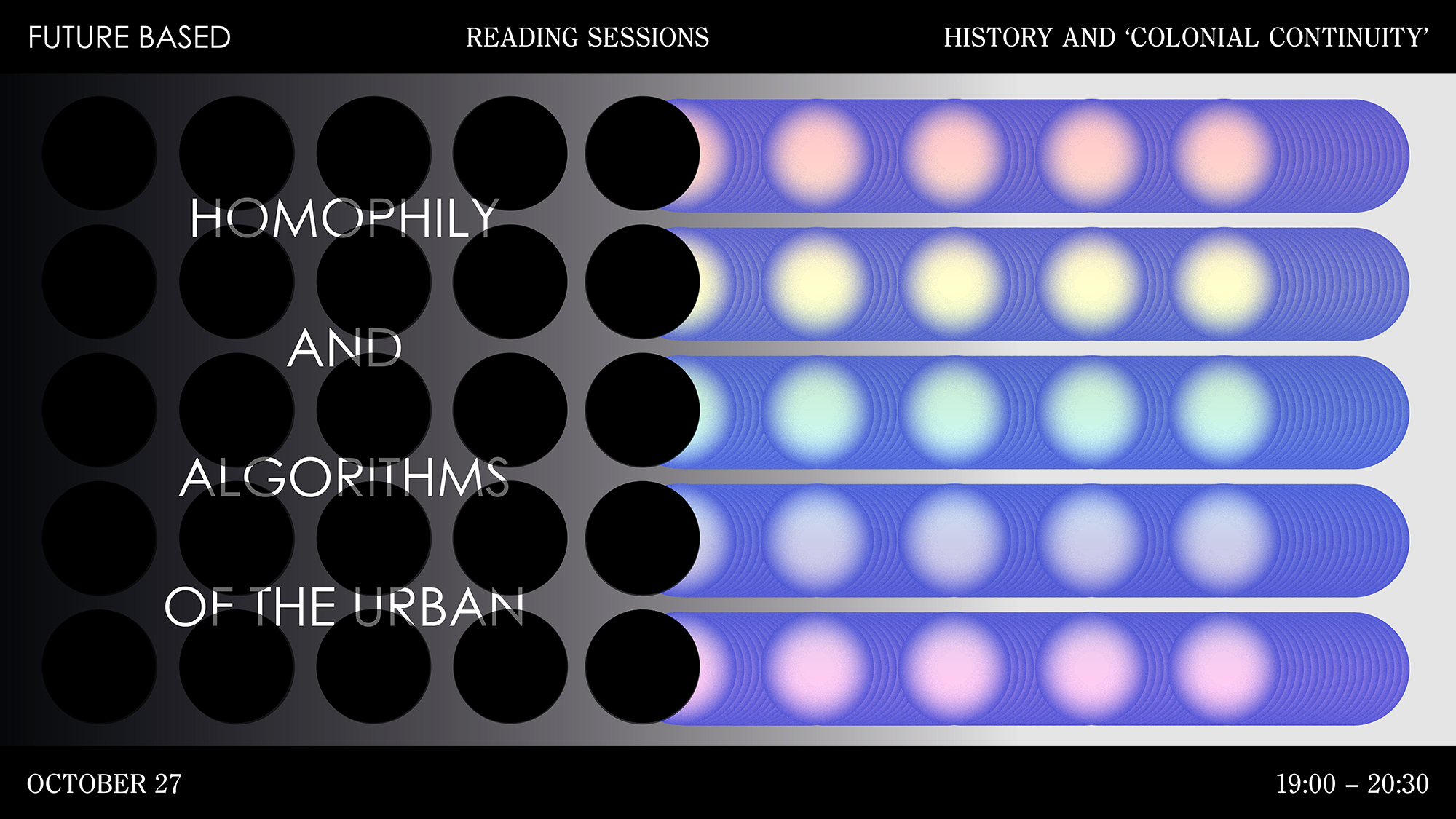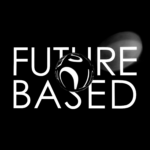

On Algorithmic (In)Equality: Colonial Continuities
October 27, 2020 @ 7:00 pm - 8:30 pm UTC+0
The cyber space is a non-neutral space of constant consternation. Multiple dualisms ensue; the individual and the space, the individual and the platform and the individual with their own self-image. It becomes really important, then, to critically engage with the space, decolonize it and reclaim it. The hyper presence of the algorithm in our daily lives means our awareness and engagement need to be active as much as it is theoretical. This reading group ensures just that.
During the course of this reading group, we will look at the (in)justice which this contestation brings. Since the algorithm and its ensuing injustice are both ubiquitous, we will look at the various areas of human experience which they touch. The 10 areas detailed below grant us 10 sessions of discussion, and 10 opportunities to build a creative manifesto of the ideas discussed. The results of the discussion and the creative process will then be on display.
This reading group is initiated and curated by Abdel-Rahman Hassan, as part of the Future based platform.
On Algorithmic (In)Equality, Colonial Continuities: Homophily and Alogorithms of the Urban
Although part of the contemporary legacy of algorithms is conquering the natural and social aspects of our lived experience, coloniality in algorithms is far from being a metaphor. Palestinian-American professor Edward Said detailed an ‘Othering’ process that lays at the center of most colonial practices. Algorithmic processes are no expectation. Not only have we learned that [poorly designed] algorithmic models perpetuate already existing injustices and structural bias, but also that they themselves are part of a colonial legacy that needs to be addressed. A critical study of algorithms would help us understand that they’re spatial, often part of a ‘colonial continuity’ and embedded within racial and social relations.
In this session, we aim to navigate, theorize, and understand these relations and colonial continuities. What does coloniality in algorithms really entail? What does a decolonial Algorithm look like? What are alternative histories of the Algorithm embedded in indigenous practices?
We will address the work of contemporary decolonial thinkers such as Edward Said, Ruha Benjamin, Mark Graham, Dr. Charlton McIlwain, Wendy Chun, and Kate Crawford, where they study algorithms, and the spaces in between.
Join us online Tuesday 27th October 19:00 -20:30 (Zoom meeting, you will receive a link)
